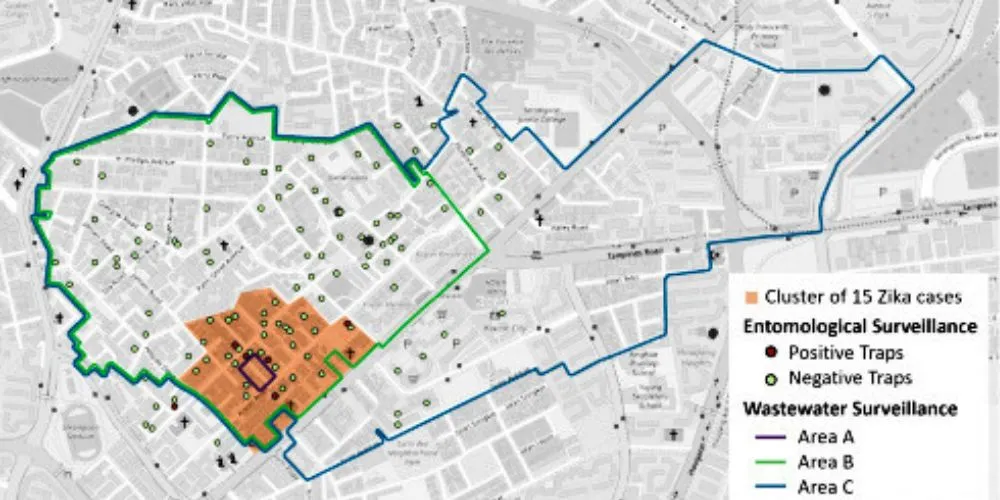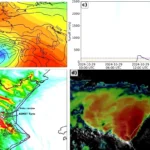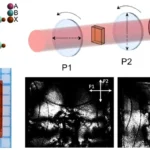Key Points:
- The study conducted comprehensive surveillance involving entomological monitoring, case surveillance, and wastewater analysis.
- Definitive Zika Virus cases were identified based on the detection of viral RNA in biological samples.
- Mosquito surveillance targeted areas with reported Zika cases, including the area of concern (AOC) and its vicinity.
- Wastewater samples were collected and analyzed for viral RNA, with positive signals detected in the AOC and surrounding locations during a specific period.
A recent study published in eBioMedicine detailed comprehensive surveillance efforts to understand the Zika virus (ZIKV) dynamics in Singapore. The research encompassed entomological, wastewater, and case surveillance to provide a holistic view of the virus’s prevalence and transmission patterns.
ZIKV, a mosquito-borne virus from the Flaviviridae family, has witnessed increased global cases and outbreaks over the last two decades, prompting significant public health concerns. In 2016, the World Health Organization (WHO) declared a public health emergency of international concern due to a surge in ZIKV cases, particularly in Brazil and the Americas.
In Singapore, sporadic ZIKV infections have been reported since 2016, with an outbreak occurring in 2016-17. The study highlighted the ongoing risk of ZIKV outbreaks in Singapore, emphasizing the importance of comprehensive surveillance and vector control measures.
Researchers conducted entomological surveillance to monitor mosquito populations in areas with reported Zika cases, employing traps and screening methods to detect ZIKV-positive mosquitoes. Wastewater surveillance involved monitoring viral RNA signals in wastewater samples collected from specific locations, providing insights into virus circulation within communities.
Case surveillance is focused on identifying and monitoring Zika Virus cases through clinical testing and reporting systems. Epidemiological data, including the number of weekly ZIKV infections and case clusters, were analyzed to track the spread of the virus.
Key findings from the study revealed a peak ZIKV outbreak in Singapore during May 2023, with cases declining by mid-June 2023. Mosquito surveillance identified ZIKV-positive mosquitoes primarily in the area of concern (AOC), indicating local transmission. Wastewater analysis detected viral RNA signals in the AOC and surrounding areas, correlating with the peak number of reported cases.
Phylogenetic analysis of ZIKV sequences revealed genetic distinctiveness from previous strains identified in Singapore, suggesting a new lineage circulating in the country. The study demonstrated the potential of wastewater surveillance as an early warning system for ZIKV outbreaks, enabling timely interventions and public health responses.
Overall, the research provided valuable insights into the epidemiology and transmission dynamics of the Zika Virus in Singapore, highlighting the importance of integrated surveillance approaches in monitoring and controlling mosquito-borne diseases.





